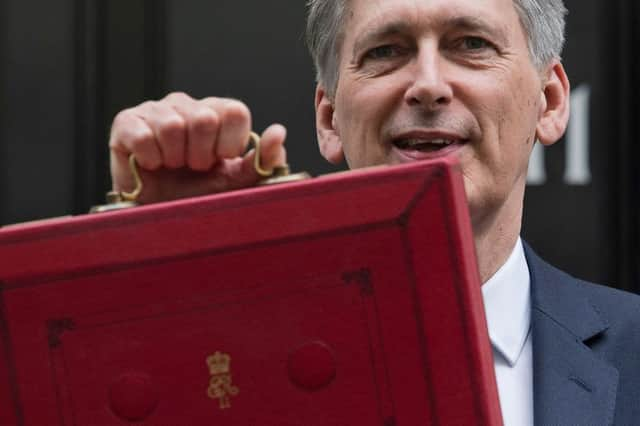Martin Flanagan: Small Budget earthquake, few casualties
This article contains affiliate links. We may earn a small commission on items purchased through this article, but that does not affect our editorial judgement.


There was £435 million in tax relief for small businesses south of the Border worried about the impact of business rate revaluations, including a £300m emergency fund for local English authorities to deliver discretionary financial relief to address businesses particularly suffering from revaluations.
Of course, business rates is a devolved issue for Holyrood, but the Scottish Government keeps a close eye on what is happening in the wider UK in order to address business concerns.
Advertisement
Hide AdAdvertisement
Hide AdIn late 2015, Holyrood decided that Scottish councils, in line with English ones, would be allowed to reduce rates across their areas and to apply any changes to chosen geographical locations or business sectors.
It will be interesting to see whether the Scottish Government takes it one step further down the line, which is what this is, with a similar emergency fund for those councils to help business hard cases in their areas.
But you could argue that the big decisions regarding business rates are still being deferred, with the chassis of the whole structure rusting, but some glitter on the bonnet with transitional reliefs of one stripe or another.
Meanwhile, there is some puzzlement in the City at the 60 per cent cut in the divdend allowance from £5,000 to £2,000, only recently introduced, so sending out some mixed messages on the UK government’s underlying attitude to savings.
The CBI will be pleased with the measures giving more of a lustre to apprenticeships schemes and technical training, while Scotland gets another £350m against the backdrop of debate about an IndyRef2.
Hammond wanted to level the playing field in personal taxation by increasing national insurance contributions (NICS) for the self-employed by 1 per cent to 10 per cent. Let’s be honest, the purists were never likely to realise their dream of parity being achieved in NICs by the rate paid by employees being reduced.
More positively, the Chancellor channelled more money towards science and innovation and a new 5G mobile hub. It was really as much fun as that, but perhaps you needed to have been there.
